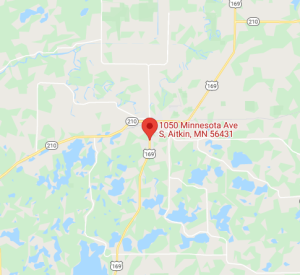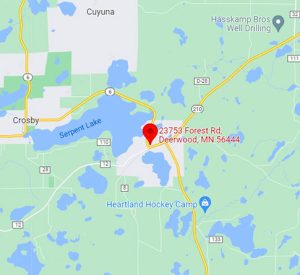Treating Emergency Toothache Before Dentist Visit
Like most emergencies, toothaches always happen after business hours, on holidays, and on weekends. There’s no such thing as a “convenient” time to get a toothache. You may often have to treat an emergency toothache at home before you can see the dentist. At River Oaks Dental, your dentist in Deerwood, MN, and Aitkin, MN, we strive to accommodate emergency dental needs as much as possible. Please call us when you have any dental needs, including emergency toothaches. In the meantime, here are some tips to help before your dental visit.
Take Over-the-Counter Painkillers
If your primary care physician has okayed it, you can take an over-the-counter painkiller. Avoid aspirin since it can make bleeding worse, but ibuprofen and acetaminophen are good alternatives. Make sure you follow the recommended dosage instructions on the label.
Use a Warm Saltwater Rinse
A rinse with warm saltwater can cleanse the affected area and provide pain relief. Dissolve half a teaspoon of salt in a cup of warm water and gently swish it around your mouth, then spit it out.
Use a Warm or Cold Compress
Experiment with a heating pad or a cold washcloth pressed against the outside cheek where the toothache is. One or the other will likely reduce the pain.
Elevate the Head
Lie down with your head elevated above your heart. This will minimize blood flow to the area, and help keep blood pressure manageable. Higher blood pressure tends to increase the pain, so this elevation tip is very helpful for pain reduction.
Avoid Eating and Drinking Certain Things
Until you can see the dentist, avoid eating and drinking excessively hot or cold foods. Also, avoid chewing on the side of the toothache. Foods like Jello-o, tapioca, rice pudding, fruit smoothies (at room temperature), and temperate soups are all good options that are less likely to exacerbate the pain.
Rinse the Mouth
Be sure to continue with your oral hygiene. Rinse the mouth with an antiseptic mouthwash in the morning and before bedtime. Keeping the area clean is important, especially if a cavity is the reason for the toothache.
River Oaks Dental has offices in Deerwood, MN, and Aitkin, MN. We serve residents in these locations and surrounding areas. If you have a toothache emergency or other dental need, contact your Aitkin and Deerwood, MN dentist today to book an appointment!








